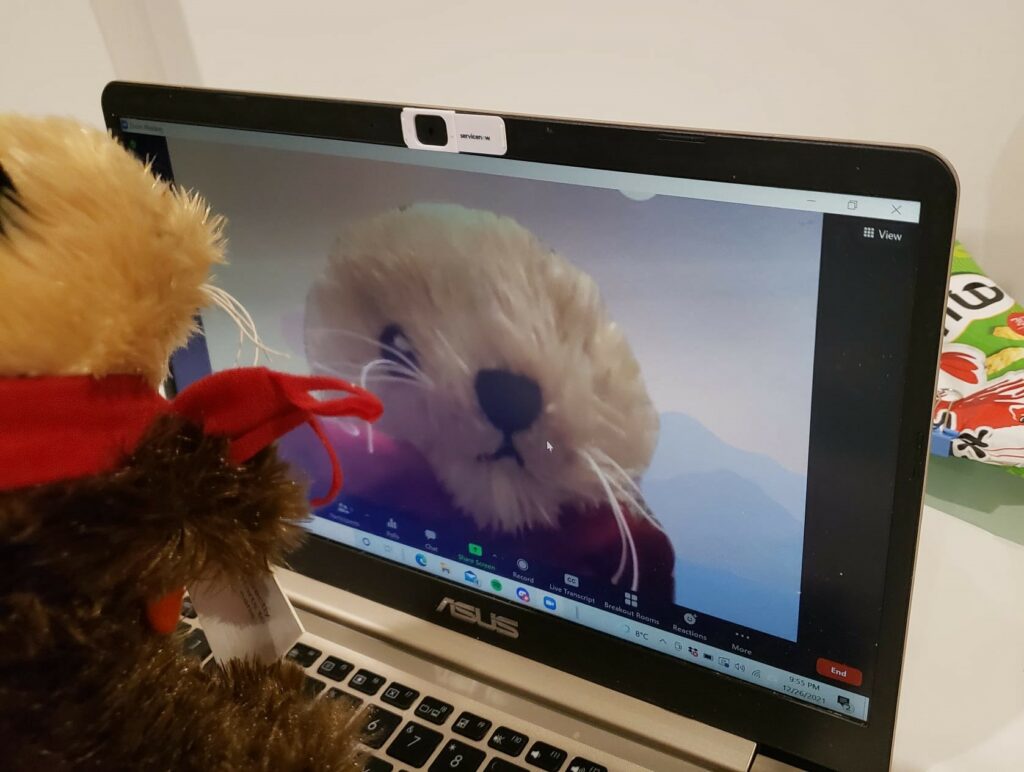Television plays a huge role in my life. When I say that, I do not exaggerate. You could catch me brushing my teeth or cooking or doing math homework with TV in the background. As the one family tradition ingrained in my very DNA, TV even managed to make its way into the topic of my college personal statement.
Never could I imagine its full impact upon me until the fall term of my sophomore year.

As an international student who spent four years studying at a boarding school in America, arriving at a new campus in a foreign country was nothing crazy, even if I spent my entire freshman year staring at stilted faces on Zoom. If anything, I found it overwhelmingly mundane. My classes at Berkeley engaged me, but readings upon readings left me blurry-eyed and longing for break. The people were perfectly kind and friendly, but smiles and conversations only ever extended as far as the boundaries of campus. I managed to escape the messy trappings of dorm life, but living in an apartment also kept me isolated from potential new friends. Time quickly started to meld together into a state of limbo, and moving past each day felt like scrolling past yet another mildly stimulating YouTube skincare short. It’s fun to look at all the toners and serums packaged in pretty pastels, but slightly different versions of the same thing can only pique your interest for so long.
What comes next then? Between submitting assignments and downing matcha lattes, I fell into a habit of reminiscing about happier times in places other than Berkeley. With each memory, I stole away to my high school dorm, to Hong Kong, to home, stepping deeper and deeper back in time. The more I stepped back though, the more I also felt ashamed for doing so. What made me incapable of fully immersing in college life?
In these moments of loneliness, I turned to the only thing I ever knew to turn to—television.
More precisely, Fringe, a favorite sci-fi crime drama of mine that I haven’t rewatched in years. One morning during the fall term reading week, Fringe floated up from the depths of my memory and demanded that I push aside my final essay outline. It seemed extremely stupid to listen to that impulse and throw work to the wind, but I felt stressed and tired and bored. What’s a little bit of indulgence?
And goodness, did I indulge. I forgot how amazing it felt to be completely consumed by a show. The mounting tension of watching federal agents jump over rooftops and chase across the screen gripped me, and I soon found myself building a deep connection with the characters. By the time I finished the pilot episode, I thrummed with excitement. My thoughts shifted from “how am I going to figure out this thesis” to “I’m going to finish this essay now so I can watch the next episode.” Anxiety over how good or bad my essay might end up and shame over not being outgoing enough simply disappeared.
Only Fringe remained, and the exhilaration and energy I got from it made my tasks feel less insurmountable.
At the end of every body paragraph, I pressed play. At the end of every night, my passion for the show would flood towards my helpless roommate. She not only had to listen to me rave about the episodes, but fend off questions like “what would you be like in an alternate universe?” This state lasted until the start of spring term when I got my roommate into Fringe and the cycle started again.
Aside from surprising my roommate with how much I can love TV, I also surprised myself with how much enthusiasm I can have for anything, really. For a long time, I saw my surroundings and myself only in terms of what didn’t improve or progress. But our emotions, health and capabilities oscillate and fluctuate—no human being can improve exponentially. To expect that of myself is unfair. Going back to my comfort show reminded me that there was something precious in stepping back and stopping.
I needed the time to lose myself in something “pointless” so I can come out of it more motivated than before.

I ended up getting an A on that final fall term essay (and a new and improved Fringe fangirl roommate). Although the grade came as a great relief, I don’t intend for TV to act as a magic pill for all my troubles. Fringe can’t stop me from ever stagnating again, but there lies the point—I no longer need it. Instead, I now see Fringe as a reminder that the things I love exist and I can always fall back on them.





















